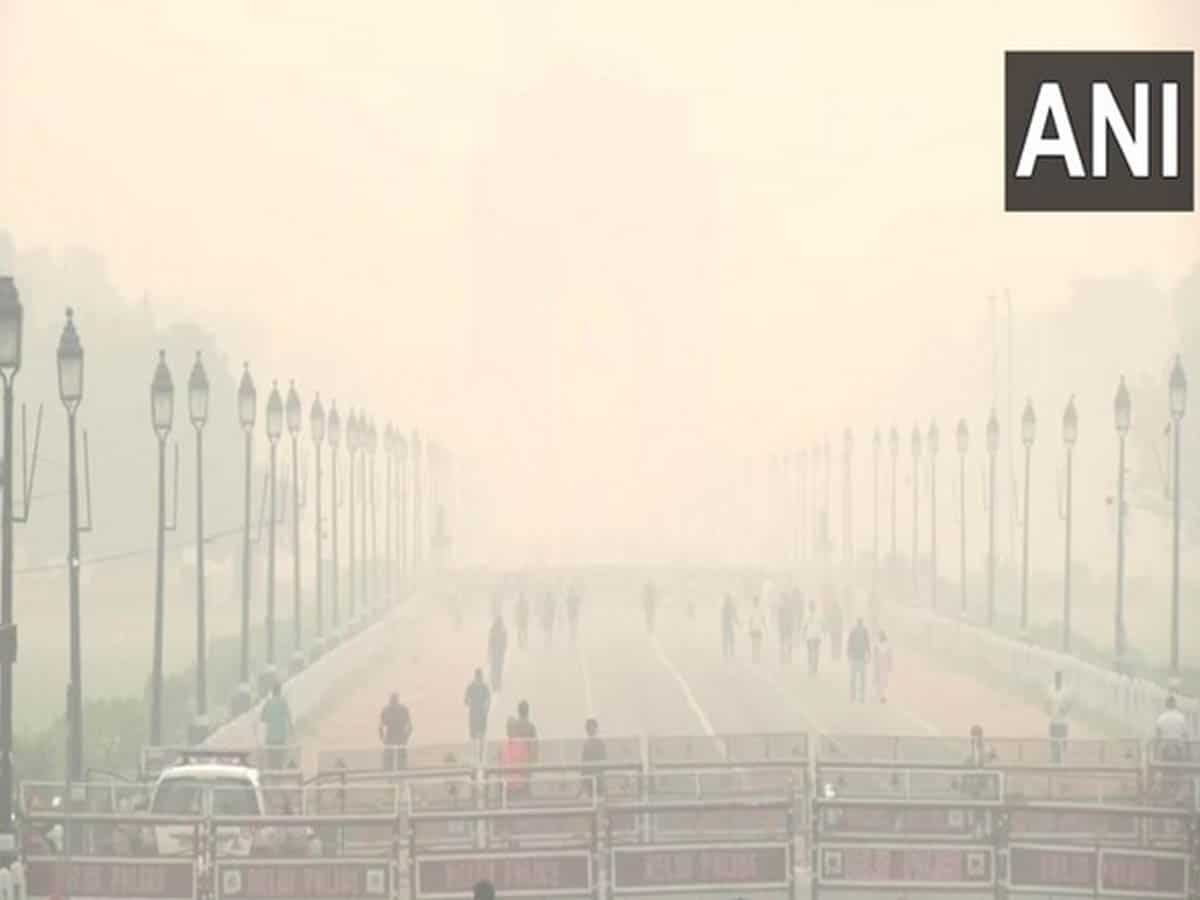New Delhi: Though several measures are coming into force with an effort to curtail the air pollution index by pollution watchdogs at the national and state levels in Delhi, experts believe action shouldered by the authorities was ‘pretty late this year again’.
Speaking to ANI, Vimlendu Jha, an environmental expert said, “authorities have woken up pretty late this year again. Fighting air pollution cannot be an affair our authorities indulge in when the toxic air reaches under our nose, but throughout the year, with a systemic, collaborative, and comprehensive approach. Primary sources of pollution are still unaddressed and are the primary cause of pollution.”
He added that the stubble burning adds to the crisis, creating an apocalypse for the period of winter harvesting in North India.
“The Prime Minister’s Office needs to play a key role in addressing the issue, making it interstate and regional or national issue,” he said.
Vehicular pollution, power plants, haphazard and unregulated construction, demolition activities, burning of waste through the year among other activities, contribute massively to the escalating level of harmful gases and particulate pollution in the atmosphere.
Another environment expert Manu Singh said that the government should adopt holistic and long-term solutions with stringent implementation to address this predicament instead of knee-jerk and symptomatic reactions.
He added that the increase in pollution level has been “worsened by human reasons of stubble burning, and crackers from festivals like Diwali which also fall at this time, apart from the dust from construction sites”.
The India Meteorological Department (IMD), Delhi wing earlier observed that significant trimming in stubble burning along with the change in wind direction can improve the situation.
Significantly it stated that the key role of local, industrial and construction site pollutants adds to the worsening air condition.
The air quality index (AQI) level in the national capital has already dipped into a very poor category in the recent past.
However, with the slightest improvement in wind movement which remained close to stagnant in the last few days city’s AQI parameters spotted the slightest change in air quality.
The SAFAR recorded AQI of 218 under PM 10 and 103 under PM 2.5 today. Tomorrow’s forecast predicts a similar range of AQI varying between moderate and poor.

